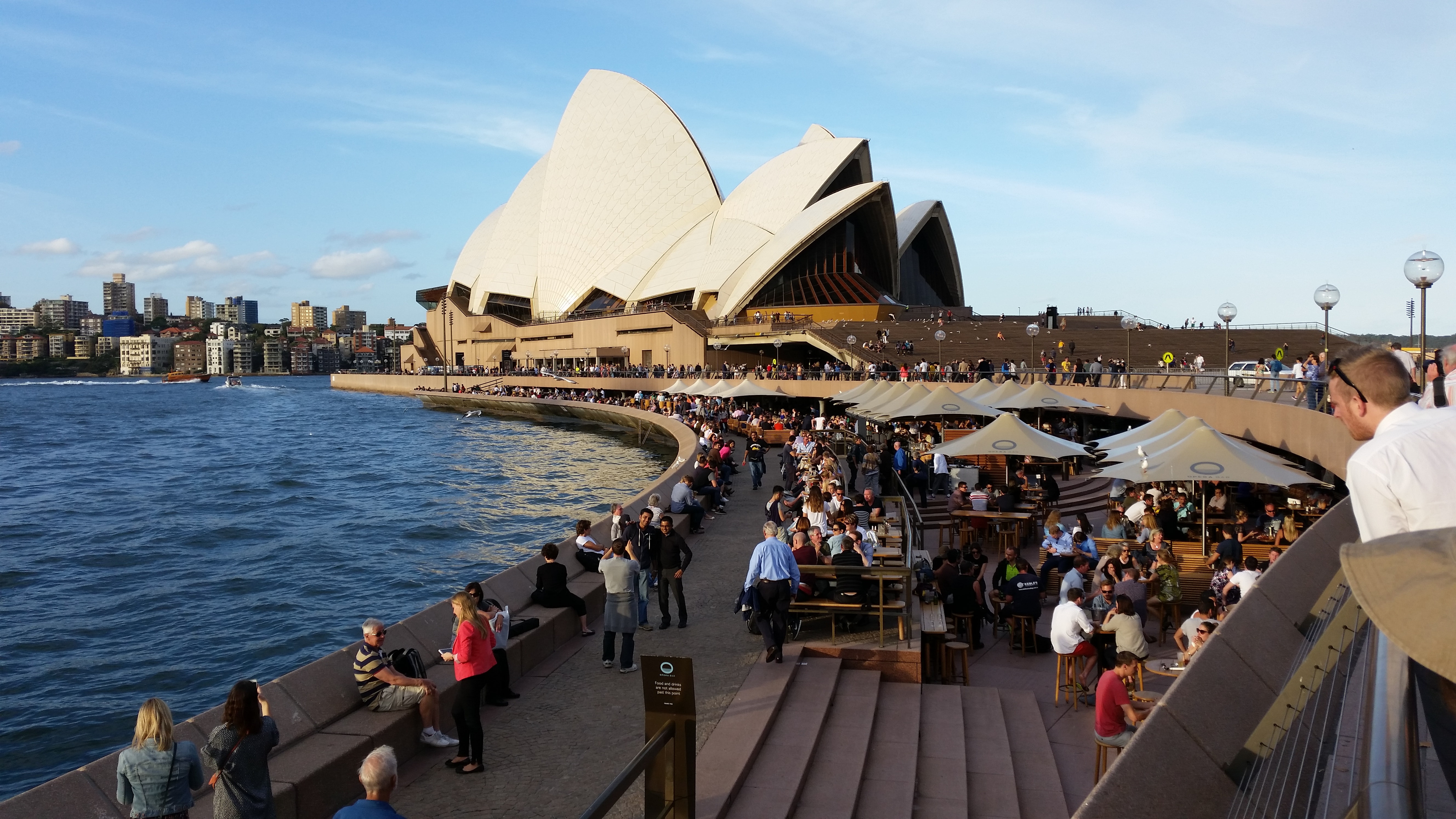
For Nepalese students, Australia is considered among the most popular overseas study destinations. Around the country, there are 43 universities: 40 Australian institutions, two international universities, and one private university. It is a renowned academic option because of its economical and high-quality educational opportunities, positive environment, and a greater propensity for career progression.
Featuring established settlements, modern facilities, high-quality healthcare resources, a well-functioning transit system, and other amenities, Australia's quality of living is indeed very excellent. Approximately 30 of the world's most desirable places to live, including Sydney, Melbourne, Canberra, Adelaide, and Brisbane, are located in Australia. As a result, when you choose to study at an Australian educational establishment, you will experience a higher level of living.
The safety of international students studying in Australia is taken extremely seriously in Australia. The Education Services for Overseas Students (ESOS) law mandates Australian universities to respect and implement it. The law and regulation safeguards international students' well-being, enhances their quality of life, and ensures that all overseas students have access to authentic and up-to-date information.
Students in Australia can work up to 20 hours per week to finance their expenditures and obtain relevant work experience throughout their academic period.
STUDYING IN AUSTRALIA
Selecting the Right University and Course
Researching your study alternatives, like with any other study location, is the first step in selecting the proper degree and university. You should thoroughly investigate several programs and organizations that provide them, considering scholarships, facilities and assistance provided to international students, as well as their location and costs. It is usually simpler to choose the best fit institution that satisfies your criteria after you have decided on your program.
Application procedure Before you apply to any university, you have to make sure you check the acade-mic and English language admission criteria and timeframes to make sure you're qualified. Academic and English language requirements are the most common entry criteria, and the information are usually stated clearly on the university official site. However, the entrance criteria may differ based on the program and the education institution.
Since Australian universities are allowed to set their respective admissions requirements for programs, they could have a variety of academic prerequisites. In general, an undergraduate education needs a 60 percent or comparable aggregate on Year 12 graduation. Preparatory or Diploma programs are recommended to individuals who do not satisfy the admission criteria. A Bachelor's degree with a grade point average of at least 60% or equivalent is required for admission to a master's program.
Also, International students must therefore fulfill English language competence standards, considering Australian academic institutions only admit students who have a competent command of the English language. Bachelor programs often demand an overall IELTS score of 6.0 with not less than 5.5 in each band or equivalent, while advanced programs typically require an average IELTS score of 6.5 with not less than 6.0 in each band or similar. Various English language courses are strongly advised to students who do not meet the specified the English language prerequisites.
Australian Living Expenses
To get their student visa to study in Australia, foreign students are expected to meet the Department of Home Affairs' funding commitments. Considering the general living expenses is crucial planning, and here are some of the costs of living and studying in Australia:
Accommodation
- Hostels and Guesthouses- $90 to $150 per week
- Shared Rental- $95 to $215 per week
- On campus- $110 to $280 per week
- Homestay- $235 to $325 per week
- Rental- $185 to $440 per week
- Boarding schools- $11,000 to $22,000 a year
Other living expenses
- Groceries and eating out- $140 to $280 per week
- Gas, electricity- $10 to $20 per week
- Phone and Internet- $15 to $30 per week
- Public transport- $30 to $60 per week
- Car (after purchase)- $150 to $260 per week
- Entertainment- $80 to $150 per week
Source: (Study Australia, 2022)
Please keep in mind that the costs listed above are simply estimates and are in Australian dollars.
INTAKES
In broad sense, Australian education institutions have two intakes: the first semester, which occurs in February and March, and the second semester, which occurs in June, July, and August; meanwhile, certain academic institutions often use a trimester system, with admissions occurring in February, July, and November.

